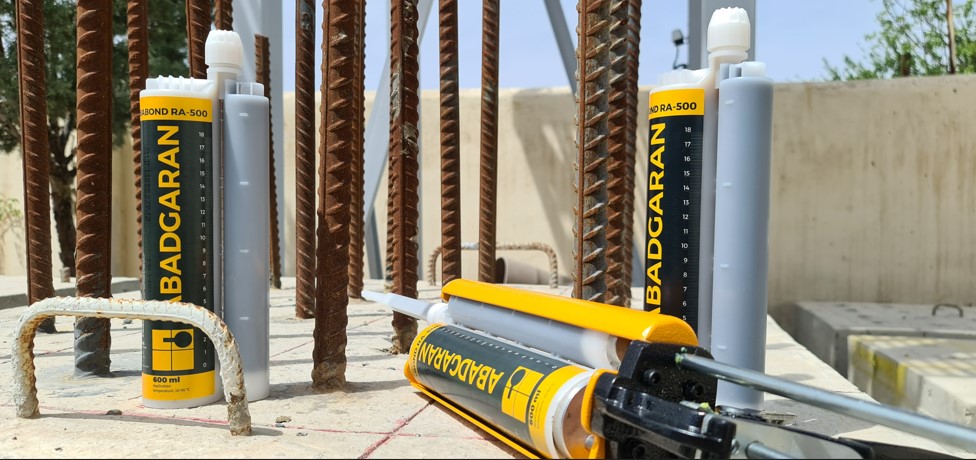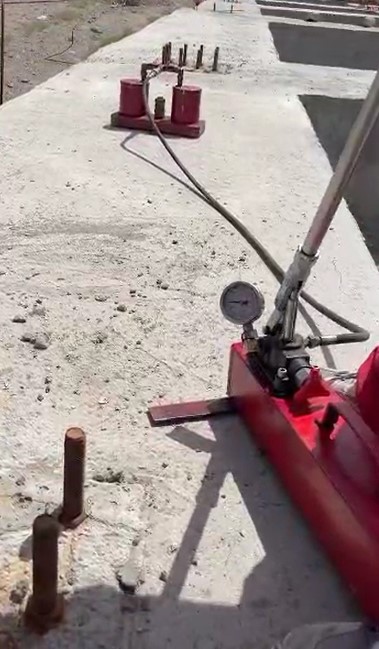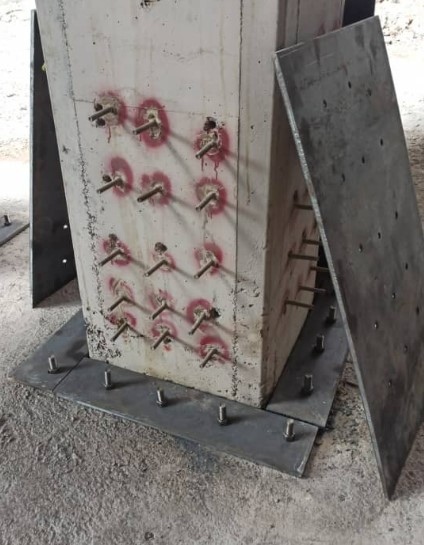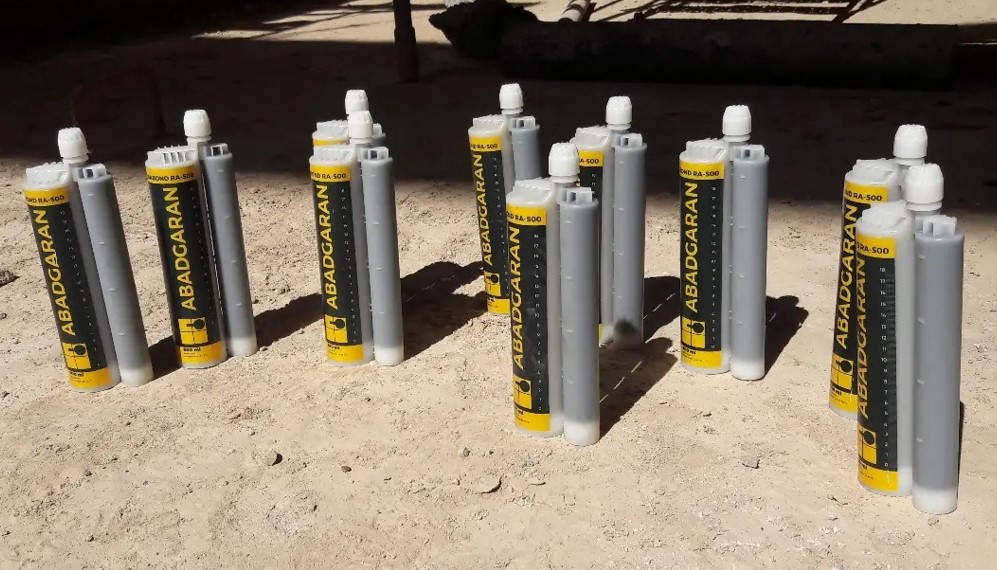
Please wait, loading...

Please wait, loading...

![]()

Standard Testing of Rebar Adhesives: A Comprehensive Guide to Structural Strengthening
Rebar adhesives are vital components in the rehabilitation and strengthening of concrete structures. These products play a significant role in enhancing the strength and durability of aging buildings and infrastructure. Their application requires assurance of quality and safety, making standardized and precise testing methods essential. This article introduces the key tests and relevant standards used to evaluate rebar adhesives, offering a comprehensive guide for engineers and manufacturers. Proper testing, based on international benchmarks, directly impacts structural durability, strength, and safety.

Standard Tests for Rebar Adhesives
1. Direct Tension Test
This test evaluates the tensile strength of the adhesive by applying a pulling force to rebar embedded in concrete. It measures the force required to break the bond between the adhesive and concrete, and is crucial for projects exposed to tensile loads.

2. Shear Test
Designed to assess the adhesive’s resistance to shear forces, this test applies force parallel to the bonded surface. It is especially important for structures subjected to lateral loads and informs safer design choices in civil projects.
3. Fatigue Test
This test measures how the adhesive performs under cyclic or repetitive loading. It’s particularly relevant for structures like bridges or industrial buildings that experience continuous vibrations or dynamic forces such as seismic loads. It shows whether the adhesive retains its bond strength under repeated stress.
4. Eccentric Tension Test
Simulating real-world scenarios where load is applied off-center, this test assesses the adhesive's ability to resist both tension and torsional forces. It is vital for confirming adhesive reliability in complex engineering conditions.
5. Creep Test
Evaluates how the adhesive deforms over time under a constant load. The specimens are subjected to continuous force and monitored for displacement. This test is important for projects that require long-term load-bearing stability, such as high-rise structures.
6. Environmental Resistance Test
Rebar adhesives must withstand extreme environmental conditions. This test exposes samples to high/low temperatures, moisture, freeze-thaw cycles, and corrosive chemicals to ensure acceptable performance in diverse environments.
7. Gel Time Test
Measures how long the adhesive takes to transition from liquid to semi-solid state. Gel time directly affects application practicality, ensuring installers have sufficient time to set and place the rebar.
8. Adhesion Test
Determines the bond strength between the adhesive, rebar, and concrete by applying tensile and shear forces. It provides critical data for evaluating overall product performance.

Relevant Standards for Rebar Adhesives

Advantages of High-Quality Rebar Adhesives

Conclusion
Standardized testing of rebar adhesives is essential for ensuring safety and long-term performance in concrete structures. Abadgaran Construction Chemicals, a leading producer in this field, offers high-quality adhesives engineered with advanced technology. The company’s products meet international standards, helping to elevate construction safety and efficiency. Recently, Abadgaran introduced a specialized underwater-compatible rebar adhesive that enables anchor installation in water-filled or saturated holes—expanding possibilities for challenging job sites.
References